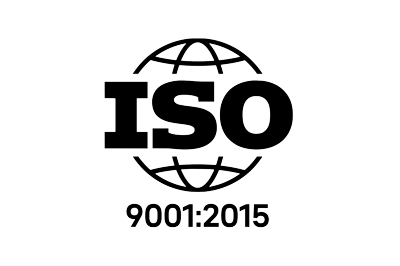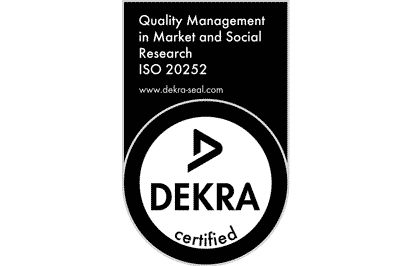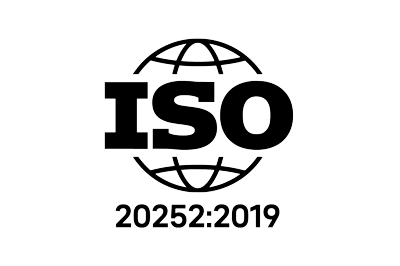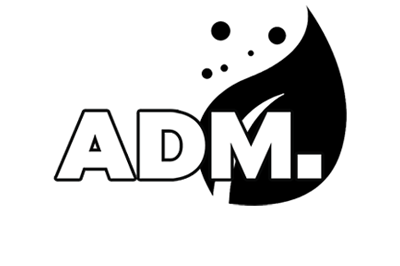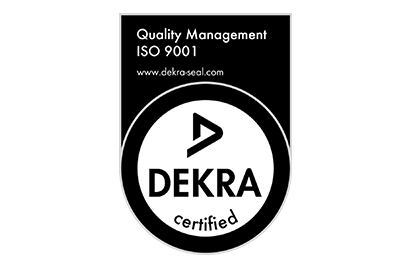In today’s super-connected world, international market research has been increasing in volume and scale for years, and is now more important to businesses than ever before. As millions of people go online, we have witnessed huge growth in the use of the web, technology platforms and the explosion of big data. Brands that were once local now work in multiple markets and target consumers from Bogota to Brunswick.
It is typical now for companies to explore new markets, understand what opportunities they have beyond single-market, domestic audiences and extend their reach. As a result the pressure on researchers to deliver quality market research data from anywhere in the blink of an eye is huge. Our clients operate in a world where data is fast, where they expect accuracy and excellent customer service as ‘hygiene’ factors.
But a lot of the response to this growth still comes from the Western perspective. And coupled with that is the assumption that going online is inevitably going to deliver faster, better data.
This is certainly not the case for many markets and absolutely not the case for B2B research. Businesses are always reachable through the phone, and by using native speakers to carry out the calls, you can be certain the person answering your questions is really who they say they are. Not only this, but you can be certain that they are answering the questions, not simply earning an incentive by speeding through the survey.
In emerging markets the quality of online panels is still questionable. We often get ‘pure’ online surveys where the data is wobbly at best, indeed having to check the data from these online studies often takes a lot longer and ends up costing more than if we had simply used CATI in the first place.
As the world gets smaller and more connected, it’s clear that we need a more localized view on how to reach and understand consumers – so when you think of speed don’t automatically reach for your keyboard, instead why not reach for the phone…


